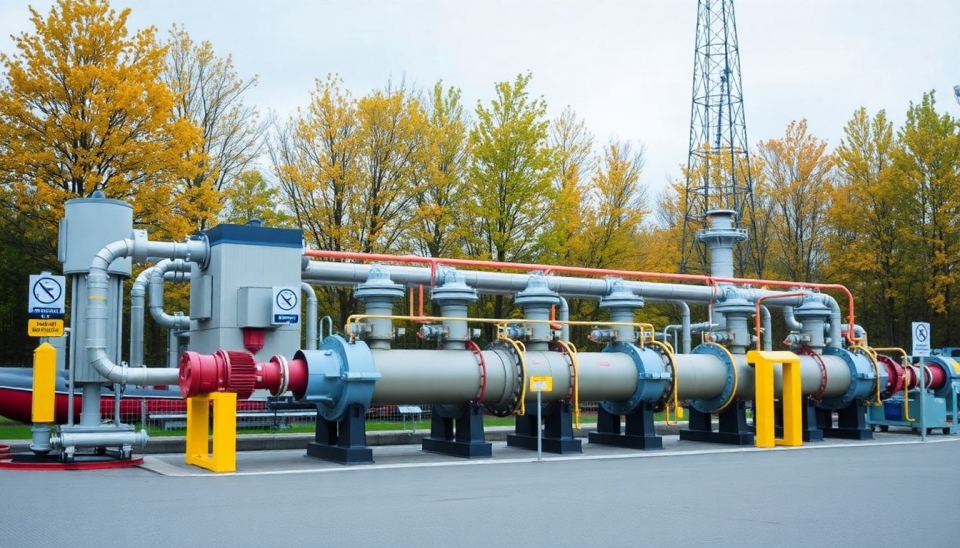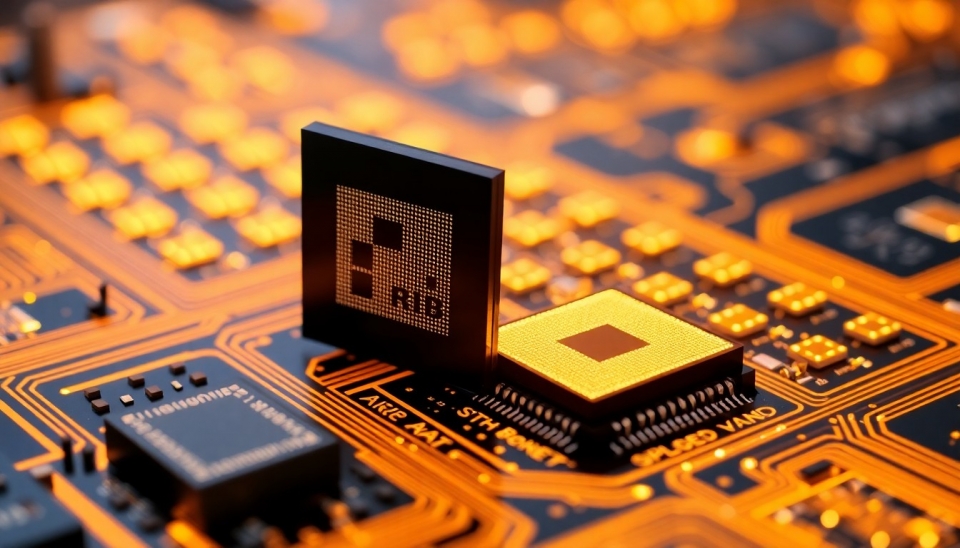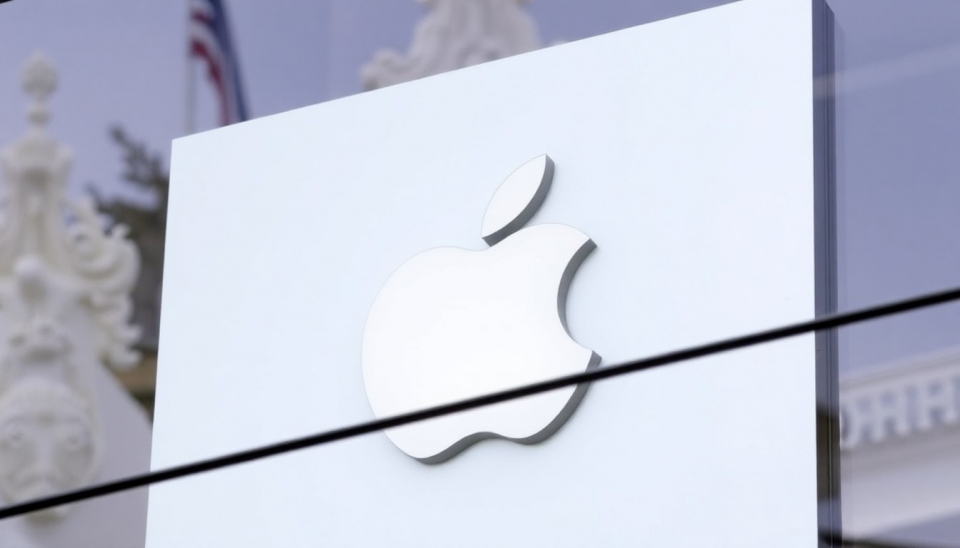Germany's dream of establishing itself as a semiconductor superpower faces significant challenges after Intel Corporation announced a delay in its plans to build a semiconductor factory in the country. This development marks a critical setback for Germany's strategy to enhance its chip production capabilities amidst a global semiconductor shortage that has strained various industries.
Intel's initial commitment included investing €80 billion over the next decade to construct multiple chip manufacturing plants within Germany. This ambitious project aimed not only to create thousands of jobs but also to position Germany as a key player in the semiconductor market. However, the recent announcement hinted that global economic pressures and internal company challenges may force Intel to reassess its European expansion plans.
The implications of Intel's decision reverberate beyond corporate boundaries, impacting Germany's broader economic ambitions. The European Union has long sought to reduce its dependence on non-European semiconductor suppliers, especially amid rising geopolitical tensions and supply chain disruptions exacerbated by the ongoing pandemic. Germany, in particular, had envisioned becoming a manufacturing powerhouse in this crucial sector, which is vital for automotive production and advanced technology sectors.
As a response to Intel's withdrawal, German officials are expressing their concerns regarding the country’s place in the semiconductor landscape. They are calling for increased collaboration between the government and private sectors to ensure a stable and attractive environment for tech companies. German Economy Minister Robert Habeck emphasized the need for Germany to remain attractive for investments in semiconductor manufacturing. The European Union is also ramping up efforts to boost domestic chip production by allocating resources and incentives, but Intel's reconsideration has raised questions about the viability of these plans.
The company’s retreat highlights the competitive nature of the semiconductor industry, where companies are looking to optimize operations amid fluctuating market conditions. Competitors such as TSMC and Samsung are pulling ahead, reinforcing their dominance in the market with aggressive investment strategies. Germany's ability to compete and attract like-minded corporations becomes increasingly critical as the battle for semiconductor supremacy escalates.
Following Intel's announcement, analysts are predicting potential delays in the roll-out of semiconductor production initiatives across Europe, which could have a domino effect on various industries reliant on these essential components. With technology increasingly central to geopolitical strategies, the need for Europe, and especially Germany, to safeguard its manufacturing base has never been more pressing.
The immediate challenge for Germany is to maintain momentum in its semiconductor strategy while adapting to the changing landscape. The discussions are intensifying about potential government interventions, including subsidies and the creation of semiconductor ecosystems that might encourage investments from other players in the industry. There remains hope among stakeholders that Germany can still become a reputable participant in the global chip market, albeit in a more challenging environment.
Germany now finds itself at a crossroads. The nation has the potential and resources to emerge as a leader in semiconductor manufacturing, contingent upon sustaining investor confidence and evolving market conditions. Whether or not it can successfully pivot and overcome setbacks like Intel's remains to be seen, as stakeholders brace for a tumultuous period ahead.
In conclusion, while the path to becoming a semiconductor superpower has been hindered, renewed strategies, partnerships, and investments will be crucial for Germany as it navigates this complex and competitive landscape.
#Germany #Semiconductors #Intel #Manufacturing #EU #TechIndustry #Economy #ChipShortage #Innovation #Investment
Author: Liam Carter




